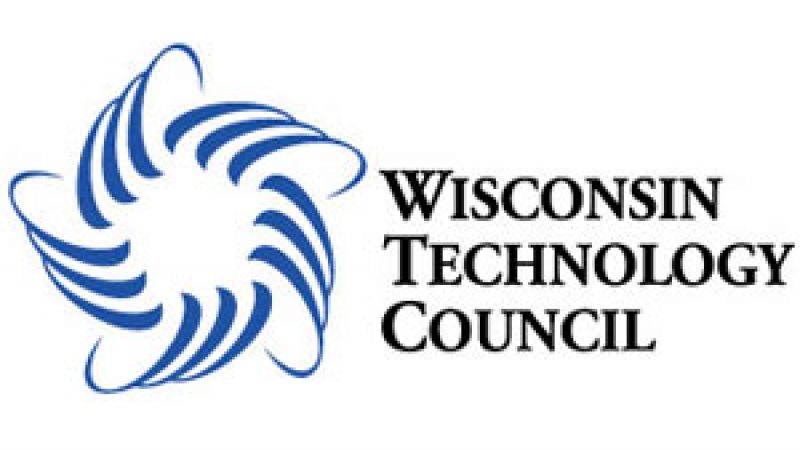The president and CEO of Dairyland Power Cooperative says integrating nuclear power is necessary to reach carbon emission reduction goals.
“The bottom line is, if we are for a less-carbon future, if you are against carbon, you need to be for nuclear. I don’t know a simpler way to put it,” Brent Ridge said yesterday during a Wisconsin Technology Council event in Madison. “If you want there to be less carbon, and you want a reliable, safe, economic grid that will keep together our economic 24/7 engine, nuclear is part of that future.”
The La Crosse-based generation and transmission co-op in February announced an agreement with NuScale Power to explore the Oregon company’s small-scale nuclear reactor technology. The company is planning to build the first of its small modular reactors in southern Idaho, Ridge explained. He said Dairyland is interested in how these reactors could help improve grid resiliency as more renewable energy resources such as solar and wind go online, and more people drive electric vehicles.
Paul Wilson, the Grainger professor of nuclear engineering and chair of the UW-Madison Department of Engineering Physics, agreed nuclear power can help fill in the gaps as reliance on fossil fuels diminishes to some degree. He said more wind and solar development should likely come first, but other options will be needed.
“When we get down to those really low decarbonization levels, and we really want to get close to zero, then you need to have something that’s providing what we today call baseload … and you need some sort of low-carbon, firm, dispatchable power source,” he said. “I can say I don’t really care what it is, but the only one that’s really ready right now is nuclear.”
He added: “Without that, the system gets a lot more expensive and a lot less reliable.”
Meanwhile, Madison Gas & Electric Chairman, President and CEO Jeffrey Keebler said the company is also looking into the potential benefit of nuclear technology as it pursues its own decarbonization goals. MGE is shooting for 80 percent reduction in carbon emissions by 2030, and net-zero carbon by 2050, he explained.
“We need to look at nuclear,” he said. “Nuclear can be a pretty cool technology … there’s battery technology we’re testing out. A lot of these technologies are new to be used at a grand scale. So there’s a lot of learning to do over the next three years, five years, 10 years, with all of these technologies.”
Ridge noted that as more drivers adopt electric vehicles in the near future, electricity usage at night will likely rise as they will need to be charged when not in use.
“We’re going to see a need to pump up more electricity in the evening, and maybe late at night,” he said. “That’s probably going to be coal, gas or nuclear.”
He said Dairyland’s approach to decarbonization is likely slower than other utilities such as MGE, and involves “balancing fossil fuels — gas, coal, as a bridge to nuclear.” He said coal will be needed “for a while” before nuclear energy can be incorporated, as NuScale’s operations won’t be fully operational until 2030.
But because the small modular reactors will include a number of independently operating segments, energy production at a smaller scale can begin as soon as the first module is installed.
Ridge said the capital expenditures and construction duration for these projects would be significantly less than for traditional nuclear power plants. And Wilson noted NuScale’s reactor plans represent “a very interesting approach” as the smaller reactors translate to lower risk.
“One of the great promises is that you can build most of it in a factory,” he said. “We like to say that it’s going to be more like building airplanes than building airports.”
See more details on Dairyland’s agreement with NuScale here: https://newsroom.nuscalepower.com/press-releases/news-details/2022/NuScale-and-Dairyland-Power-Cooperative-Announce-Collaboration-to-Explore-the-Deployment-of-NuScales-Advanced-Small-Modular-Reactor-Technology/default.aspx
See a recent WisBusiness.com story on the Midwest energy landscape: https://www.wisbusiness.com/2022/experts-discuss-ways-to-reduce-volatility-in-energy-markets-reach-clean-energy-goals/
–By Alex Moe




